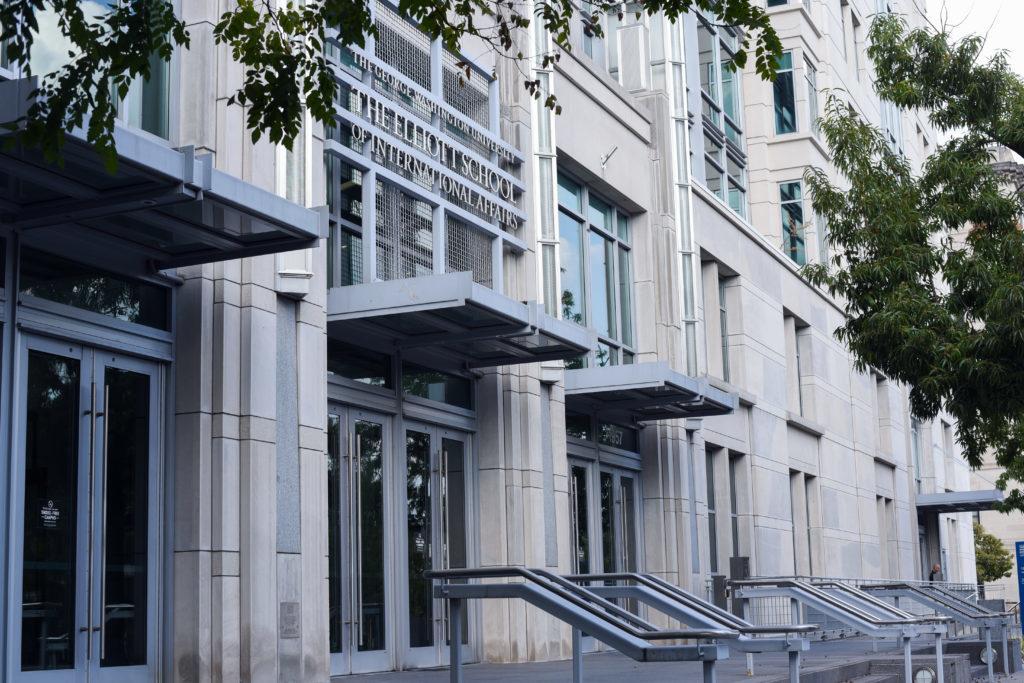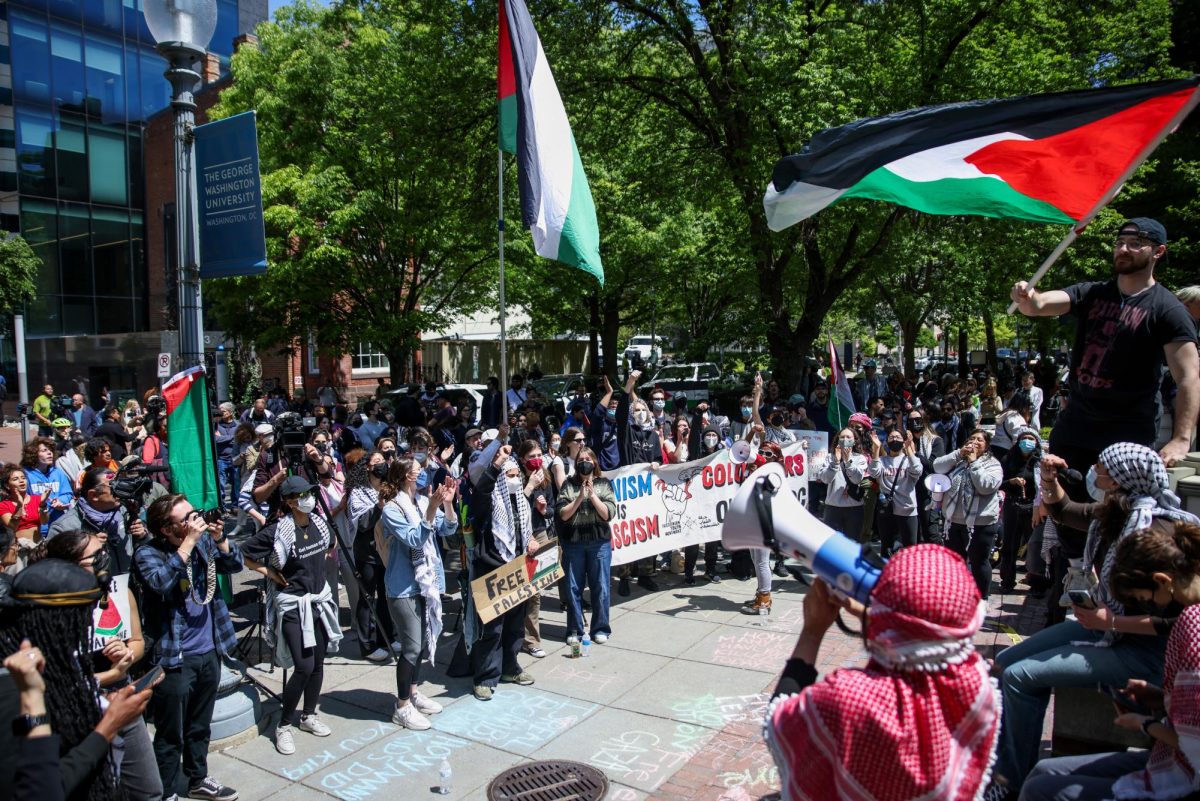The GW Institute for Korean Studies is launching an annual conference to spotlight economic issues in North Korea.
Institute faculty and staff will host a daylong event Friday that will include a keynote address by a former U.S. ambassador to South Korea and three panels on facets of North Korea’s economy. GWIKS Director Jisoo Kim said the conference, co-hosted with the South Korean graduate school KDI School of Policy and Management, will bring together experts on North Korean economic policies – a subject that has received less attention than the nation’s nuclear and security issues.
“The idea is to basically fill the gap in Washington related to discussions about North Korea and gain more knowledge of the field,” Kim said.
Kim said the members of the institute, housed under the Elliott School of International Affairs, began planning the conference in June. Faculty met to decide on the event’s themes and devised a list of experts to invite, she said.
The conference is an extension of the institute’s North Korea Economic Forum, a series of closed monthly meetings with experts on the North Korean economy that aims to create a space to discuss the country’s economy and the impact of economic sanctions.
“We also think that it is very important to discuss about the North Korean economy because this opens up a whole new discussion of other fields and also how North Korea could evolve,” she said.
Kim said Elliott School Dean Reuben Brigety and KDIS Dean Jong-Il You at the event will debut a partnership between the two schools that will involve collaborative research and potentially exchanging faculty and students between the schools.
Kim added that the conference cost about $20,000 and was funded through a KDIS grant. She said the grant, which GWIKS received in April, is an annual grant that will fund four programs, including the North Korea Economic Forum and the institute’s North Korea program.
Yonho Kim, the associate director of the institute, said conference participants will delve into North Korean leader Kim Jong-un’s economic development strategies and the turbulence of the economy following United Nations sanctions imposed on the country in 2016 and 2017.
“The conference, co-organized by GWIKS and KDIS, will be a unique opportunity for the public to understand the current North Korean economy in a holistic way,” he said.
Celeste Arrington, the Korea Foundation assistant professor of political science and international affairs, will moderate an event at the conference about the role of economic policies and market efficiency in the country’s strategies. She said the forum will promote research and understanding of North Korea’s “multi-layered” economy while encouraging Korean and American scholars to exchange ideas.
“Such academic research and exchange with policymakers is especially important in an era of multiple sanctions on North Korea and policy debates of whether and how to use sanctions relief or tightening to advance denuclearization talks with North Korea,” Arrington said in an email.
Young-Key Kim-Renaud, a professor emeritus of Korean language and culture and international affairs, said the North Korean economy is of “great international interest” as Jong-un attempts to reduce the nation’s poverty rate. Most workers in the country earn about $2 to $3 a month, according to the anti-poverty organization Global Citizen.
She said “total ignorance” and mistrust of North Korea has limited productive conversations between the United States and North Korea, a feeling organizers aim to combat by humanizing North Koreans through a discussion of what citizens in the country experience.
“The conference will demonstrate people’s suffering and human resilience in spite of the dire economic situation in North Korea, and how most of them are ordinary human beings like us, not some kind of four-horned monsters,” Kim-Renaud said.





